
Hey there weight loss warriors! Are you ready to supercharge your weight loss journey with your favorite morning brew? If you’ve ever wondered whether that cup of coffee is helping or hindering your efforts to shed those extra pounds, you’re not alone. In this post, we’re diving deep into the burning question: Is coffee good for losing weight?.
Is Coffee Good For Losing Weight?
Well, prepare to uncover the science behind the “magic beans” that can answer that question. We’ll explore six bioactive compounds found in coffee that can turbocharge your metabolism, curb your appetite, and help you reach your weight loss goals. From the powerhouse stimulant caffeine to the lesser-known but equally potent chlorogenic acids, we’re unraveling the secrets of how your daily cup of joe can become your new weight loss ally. So grab your mug and let’s embark on this caffeinated journey together!
1. Caffeine: The Stimulating Powerhouse

Caffeine, the most well-known bioactive compound in coffee, is renowned for its stimulating effects on the central nervous system. But did you know it’s also a potent ally in your weight loss journey? By increasing metabolic rate and enhancing fat oxidation, caffeine helps your body burn more calories, even at rest. Additionally, it can suppress appetite and improve exercise performance, making those morning workouts even more effective.
2. Chlorogenic Acids: The Metabolic Modulators
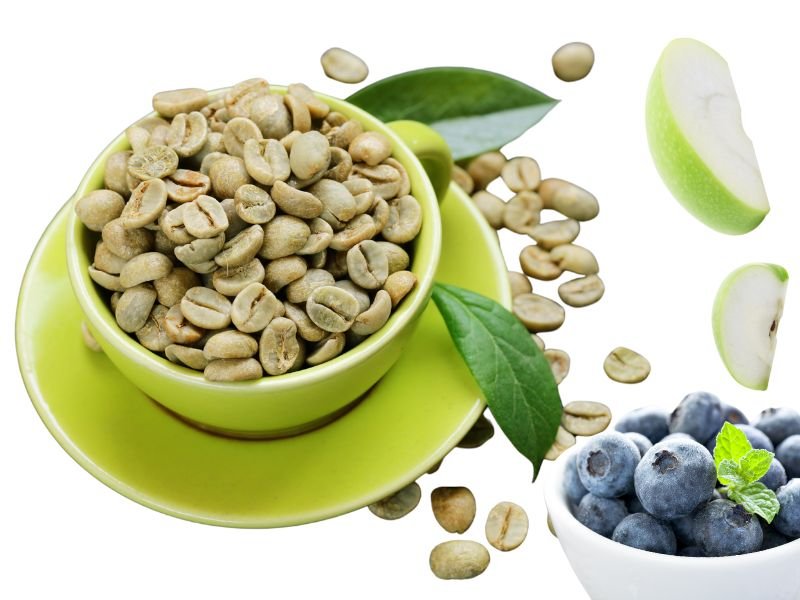
Chlorogenic acids, a group of antioxidants found in coffee, play a pivotal role in regulating glucose and fat metabolism. It inhibits the absorption of carbohydrates in the digestive tract, preventing spikes in blood sugar levels and reducing fat accumulation. Chlorogenic acids also promote the breakdown of fats for energy, leading to improved lipid profiles and enhanced weight loss. Found in green coffee bean, and fruits like apples and blueberries.
3. Theobromine & Theophylline: Lesser-Known Stimulants

While not as famous as caffeine, theobromine and theophylline are two stimulants found in coffee that contribute to its weight loss benefits. These compounds work synergistically with caffeine to increase energy expenditure and fat oxidation. Moreover, they can enhance blood flow and oxygen delivery to muscles, improving exercise performance and calorie burning during workouts.
4. Polyphenols: The Antioxidant Powerhouses
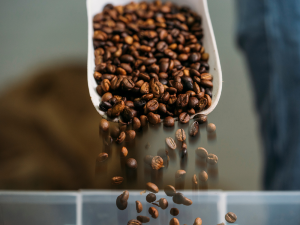
Polyphenols, another group of antioxidants abundant in coffee, offer a myriad of health benefits, including support for weight loss. These compounds reduce inflammation and oxidative stress in the body, which can improve metabolic health and insulin sensitivity. By promoting a healthy inflammatory response, polyphenols contribute to better blood sugar regulation and appetite control, making it easier to stick to your weight loss goals.
5. Magnesium and Potassium: The Electrolyte Duo
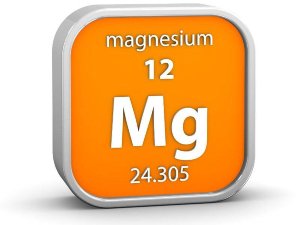
Coffee is not just a source of caffeine and antioxidants; it also contains essential minerals like magnesium and potassium. These electrolytes play crucial roles in energy metabolism and muscle function. Magnesium, in particular, supports insulin sensitivity and glucose metabolism, while potassium helps maintain fluid balance and regulate blood pressure. By ensuring adequate intake of these minerals, coffee indirectly supports weight loss and overall metabolic health.
6. Niacin (Vitamin B3): The Metabolism Booster
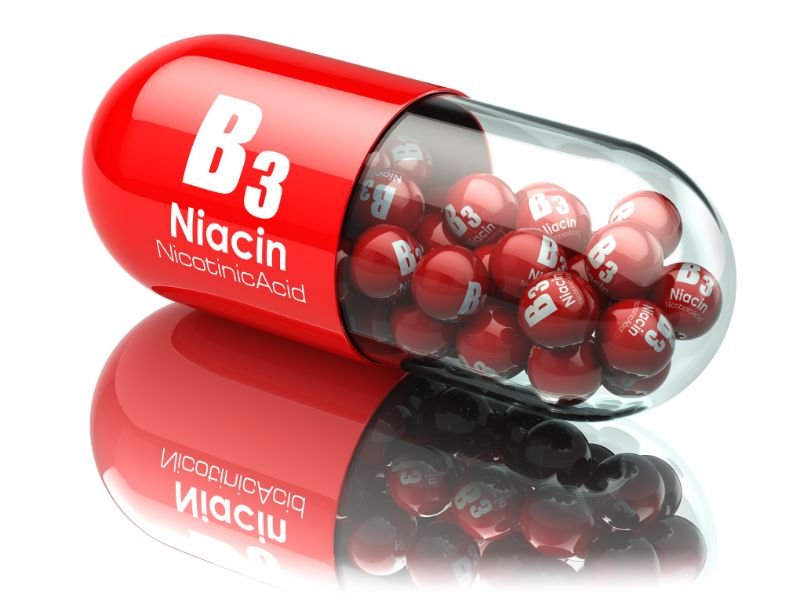
Niacin, also known as vitamin B3, is another bioactive compound found in coffee that can aid in weight loss. This vitamin is involved in energy metabolism, helping the body efficiently utilize fats and carbohydrates for fuel. By supporting metabolic processes, niacin can boost energy levels and enhance calorie expenditure, making it easier to achieve and maintain a healthy weight.
Harnessing the Power of Coffee for Weight Loss
To experience the potential weight loss benefits of coffee, moderate consumption is key. Studies suggest that consuming 2-4 cups of coffee per day, equivalent to approximately 200-400 mg of caffeine, can provide health benefits without significant adverse effects for most individuals. This range of intake is associated with increased metabolism, enhanced fat oxidation, and appetite suppression, all of which can support weight loss efforts. However, individual tolerance and sensitivity to caffeine may vary, so it’s essential to listen to your body and adjust your coffee intake accordingly.
Discover the Exponential Power of Nutritional Synergy

So far, we’ve only discussed the power of coffee alone, for improving weight loss. Now let’s talk about the exponential power of nutritional synergy. Of combining a few other plant-based nutrients with your coffee. Nutritional synergy refers to the concept where the combined effect of various nutrients and bioactive compounds is greater than the sum of their individual effects.
This phenomenon occurs because different compounds can work together in complementary ways, enhancing each other’s absorption, effectiveness, and overall impact on health. In the context of weight loss, nutritional synergy is particularly powerful, as it can optimize multiple metabolic pathways simultaneously, leading to more efficient fat burning, appetite control, and energy regulation.
Nutritional Synergy–Coffee & Weight Loss–Oh My!
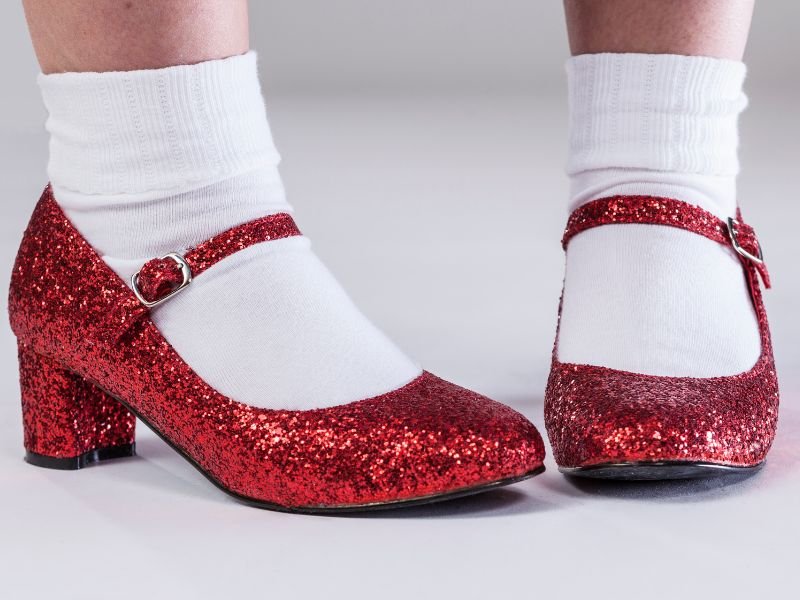
The bioactive compounds in coffee—caffeine and chlorogenic acids, are known for their roles in boosting metabolism and regulating blood sugar levels. When these compounds are combined with additional bioactive ingredients found in coffee-based weight-loss supplements—like Camellia sinensis (green tea extract), chromium, L-carnitine, L-theanine, and GreenSelect Phytosome—their effects can be significantly amplified.
For instance, caffeine and green tea extract both enhance thermogenesis and fat oxidation, but together, they can further increase energy expenditure and fat burning. Similarly, chromium helps regulate blood sugar levels, complementing the glucose-modulating effects of chlorogenic acids, while L-carnitine aids in the transport of fatty acids into mitochondria for energy production, synergizing with caffeine’s role in mobilizing fat stores. L-theanine, known for its calming effects, can counterbalance caffeine’s stimulatory properties, providing a more sustained and focused energy boost without the jitters. This multifaceted approach targets multiple pathways in the body, resulting in a superior and more holistic weight loss experience.
Are There Side Effects of Coffee?
We’ve answered the question, “Is coffee good for losing weight?”, but another question that comes up is, what are the side effects to drinking coffee for weight loss. While coffee offers numerous health benefits, it’s essential to be mindful of potential side effects. Like any stimulant, consuming too much caffeine can lead to jitteriness, insomnia, and increased heart rate, especially in individuals sensitive to its effects. Additionally, for some people, regular consumption of caffeine can lead to physical dependence, with withdrawal symptoms such as headaches and fatigue when intake is reduced or discontinued. However, by practicing moderation and being aware of your caffeine consumption, you can enjoy the weight loss benefits of coffee while minimizing the risk of adverse effects. Remember, listening to your body’s cues and finding a balance that works for you is key to reaping the rewards of this beloved beverage.
Tips for Reducing Potential Side Effects
Here are some simple suggestions to prevent or minimize possible side effects of drinking coffee. By incorporating these strategies into your daily routine, you can enjoy the benefits of coffee while reducing potential side effects:
- Limit Afternoon Consumption: Avoid drinking coffee in the late afternoon or evening to prevent sleep disturbances and promote restful sleep.
- Stay Hydrated: Counteract the diuretic effects of caffeine by drinking plenty of water throughout the day to stay hydrated and prevent dehydration.
- Try Decaffeinated Options: Opt for decaffeinated coffee (natural decaffeination only) or herbal teas in the evening to reduce overall caffeine intake and promote relaxation before bedtime.
- Mindful Moderation: Practice mindful consumption by monitoring your caffeine intake and listening to your body’s signals. Consider alternating between caffeinated and non-caffeinated beverages to maintain balance and reduce dependency.
Important Takeaways
Well there you have it, weight loss warriors. We’ve answered the pressing question, “Is coffee good for losing weight?”. In fact, we’ve learned that coffee is much more than just a morning pick-me-up; it’s a potent elixir packed with bioactive compounds that can support your weight loss efforts. From caffeine’s fat burning effects to chlorogenic acids’ metabolic modulation, each component plays a unique role in enhancing metabolism, regulating blood sugar, and controlling appetite. By incorporating coffee into your daily routine in moderation, along with a balanced diet and regular physical activity, you can harness its weight loss benefits.
Ready to explore the potential weight loss benefits of these natural ingredients for yourself? Click here to discover how this coffee-based supplement can help you reach your weight loss goals faster! (Affiliate Disclosure).
Until next time… Stay Fabulous!
References
- Gavrieli, A., Karfopoulou, E., Kardatou, E., Spyreli, E., Fragopoulou, E., Mantzoros, C. S., & Yannakoulia, M. (2016). Effect of different amounts of coffee on dietary intake and appetite of normal-weight and overweight/obese individuals. Obesity, 24(1), 109-115. https://pubmed.ncbi.nlm.nih.gov/23671022/
- Onakpoya, I., Terry, R., & Ernst, E. (2010). The use of green coffee extract as a weight loss supplement: a systematic review and meta-analysis of randomized clinical trials. Gastroenterology Research and Practice, 2011. https://pubmed.ncbi.nlm.nih.gov/20871849/
- Thom, E. (2007). The effect of chlorogenic acid enriched coffee on glucose absorption in healthy volunteers and its effect on body mass when used long-term in overweight and obese people. The Journal of International Medical Research, 35(6), 900-908. https://pubmed.ncbi.nlm.nih.gov/18035001/
- van Dam, R. M., & Hu, F. B. (2005). Coffee consumption and risk of type 2 diabetes: a systematic review. JAMA, 294(1), 97-104. https://pubmed.ncbi.nlm.nih.gov/15998896/
- Nehlig, A. (2018). Effects of coffee/caffeine on brain health and disease: What should I tell my patients? Practical Neurology, 18(6), 509-515. https://pubmed.ncbi.nlm.nih.gov/26677204/
- Ludwig, I. A., Clifford, M. N., Lean, M. E., & Ashihara, H. (2014). Coffee: biochemistry and potential impact on health. Food & Function, 5(8), 1695-1717. https://pubmed.ncbi.nlm.nih.gov/24671262/
- Tajik, N., Tajik, M., Mack, I., & Enck, P. (2017). The potential effects of chlorogenic acid, the main phenolic components in coffee, on health: a comprehensive review of the literature. European Journal of Nutrition, 56(7), 2215-2244. https://pubmed.ncbi.nlm.nih.gov/28391515/
Important Note: The content provided on this website is for informational purposes only and has not been approved by the Food and Drug Administration. Always consult a healthcare professional before making changes to your diet or taking new supplements.
Search
Tags
benefits of natural weight loss berry smoothies Cake cayenne pepper chocolate for weight loss coffee coffee-based weight loss supplements Dessert develop healthy habits for weight loss Easy roasted vegetable recipes easy smoothie recipes Fruit green coffee beans green smoothies guilt-free snacks Healthy healthy eating healthy meal plan for weight loss healthy snacks Healthy tofu meals healthy weight loss plans herbal teas for weight loss holistic weight loss how to lose weight naturally and permanently how to maintain weight loss naturally hydration ketogenic diet low-calorie snacks macros on keto Mindfulness techniques for managing cravings and emotional eating nutrition One-Pan Roasted Vegetables with Tofu One-pan tofu recipes Oven-baked tofu and vegetables Quick tofu dinner recipes smoothies smoothie snack stay motivated on a weight loss journey tasty smoothie recipes tropical smoothies water weight loss weight loss herbs Weight loss mindset shifts for lasting results weight loss snacks





